COURSE OVERVIEW
PE1074 : Blending & Mixing of Liquid Products
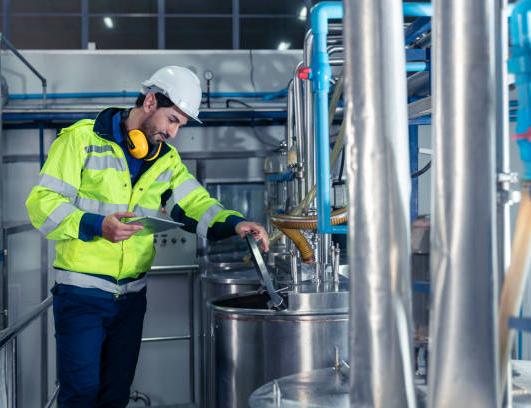
OVERVIEW
| COURSE TITLE | : | PE1074 : Blending & Mixing of Liquid Products |
| COURSE DATE | : | Aug 10 - Aug 14 2025 |
| DURATION | : | 5 Days |
| INSTRUCTOR | : | Mr. Henry Beer |
| VENUE | : | Doha, Qatar |
| COURSE FEE | : | $ 5500 |
Course Description
This practical and highly-interactive course includes various practical sessions and exercises. Theory learnt will be applied using our state-of-the-art simulators.
This course is designed to provide participants with a detailed and up-to-date overview of Blending & Mixing of Liquid Products. It covers the liquid mixing, liquid phase mixing mechanisms and mixing equipment; the blending process design parameters, mixing tank design and configurations and process control in mixing; the use of blenders in process industries, pumps used in blending operations and heating and cooling systems in mixing; the emulsification and phase control, mixing and homogenization technologies and agitation and flow pattern optimization; the inline versus batch blending systems covering operational differences, cost, space and energy implications, real-time composition control and flexibility and scalability; and the real-time quality monitoring in blending, blending automation and PLC systems and troubleshooting common blending issues.
Further, the course will also discuss the CIP process steps and validation, cleaning agents for various product residues, equipment design for cleanability and sterilization methods for hygiene-critical industries; the GMP compliance in blending operations, industry applications of blending systems and blending for product consistency and quality; and the design and optimization of multi-stage blending and hazard analysis in liquid blending.
During this interactive course, participants will learn the environmental considerations in blending covering waste stream identification and handling, VOC emissions from blending tanks, recycling and reuse of by-products and ISO 14001 practices; the process flow diagrams (PFDs), P&ID elements for tanks, pumps and sensors, safety interlocks and relief systems and flow path and valve logic; and the auditing blending system performance covering energy efficiency analysis, downtime reduction techniques, equipment maintenance KPIs and blending system health assessment.
link to course overview PDF
This course is designed to provide participants with a detailed and up-to-date overview of Blending & Mixing of Liquid Products. It covers the liquid mixing, liquid phase mixing mechanisms and mixing equipment; the blending process design parameters, mixing tank design and configurations and process control in mixing; the use of blenders in process industries, pumps used in blending operations and heating and cooling systems in mixing; the emulsification and phase control, mixing and homogenization technologies and agitation and flow pattern optimization; the inline versus batch blending systems covering operational differences, cost, space and energy implications, real-time composition control and flexibility and scalability; and the real-time quality monitoring in blending, blending automation and PLC systems and troubleshooting common blending issues.
Further, the course will also discuss the CIP process steps and validation, cleaning agents for various product residues, equipment design for cleanability and sterilization methods for hygiene-critical industries; the GMP compliance in blending operations, industry applications of blending systems and blending for product consistency and quality; and the design and optimization of multi-stage blending and hazard analysis in liquid blending.
During this interactive course, participants will learn the environmental considerations in blending covering waste stream identification and handling, VOC emissions from blending tanks, recycling and reuse of by-products and ISO 14001 practices; the process flow diagrams (PFDs), P&ID elements for tanks, pumps and sensors, safety interlocks and relief systems and flow path and valve logic; and the auditing blending system performance covering energy efficiency analysis, downtime reduction techniques, equipment maintenance KPIs and blending system health assessment.
TRAINING METHODOLOGY
This interactive training course includes the following training methodologies:
LecturesPractical Workshops & Work Presentations
Hands-on Practical Exercises & Case Studies
Simulators (Hardware & Software) & Videos
In an unlikely event, the course instructor may modify the above training methodology for technical reasons.
VIRTUAL TRAINING (IF APPLICABLE)
If this course is delivered online as a Virtual Training, the following limitations will be applicable:
| Certificates | : | Only soft copy certificates will be issued |
| Training Materials | : | Only soft copy materials will be issued |
| Training Methodology | : | 80% theory, 20% practical |
| Training Program | : | 4 hours per day, from 09:30 to 13:30 |
This course is no longer available.
Please check below for other scheduled dates.
RELATED COURSES
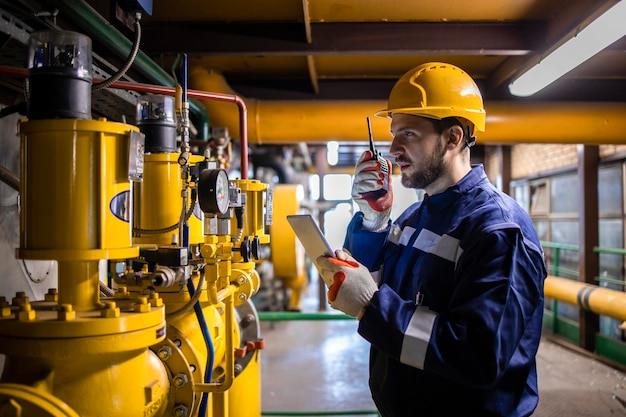
PE0536 : Design and Simulation of Gas Distribution Networks
- Date: Mar 29 - Apr 02 / 3 Days
- Location: Dubai, UAE
- Course Details Register
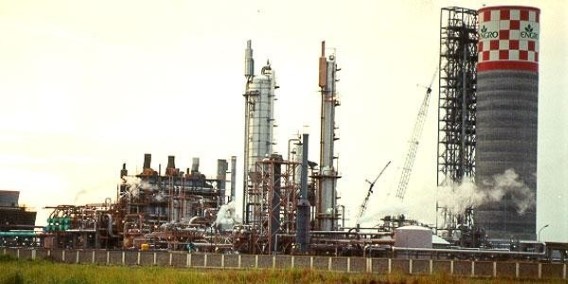
PE0605 : Ammonia Manufacturing & Process Troubleshooting
- Date: Mar 29 - Apr 02 / 3 Days
- Location: Doha, Qatar
- Course Details Register
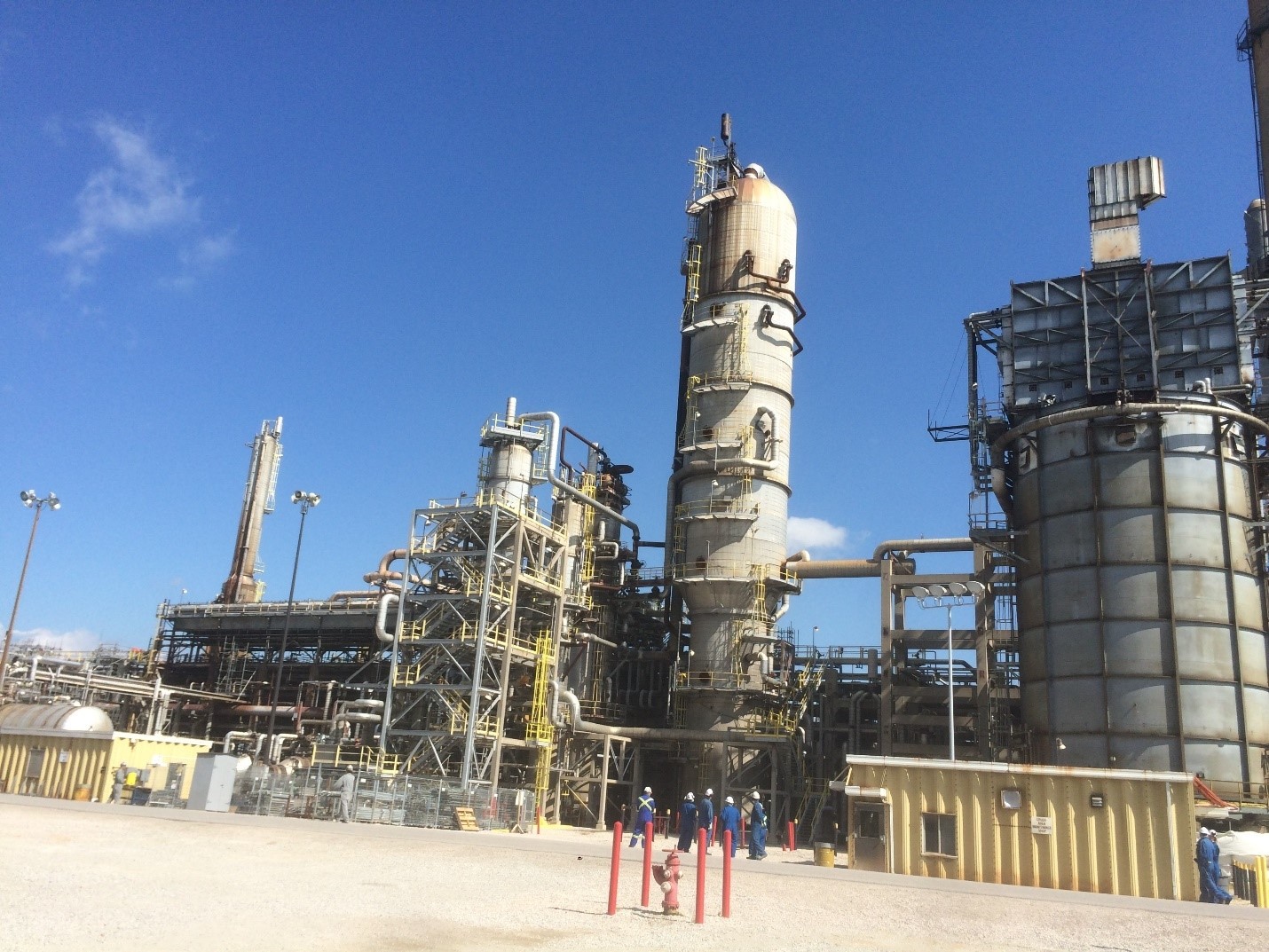
PE0390 : Distillation-Column Operation Control and Troubleshooting
- Date: Mar 29 - Apr 02 / 3 Days
- Location: Al Khobar, KSA
- Course Details Register
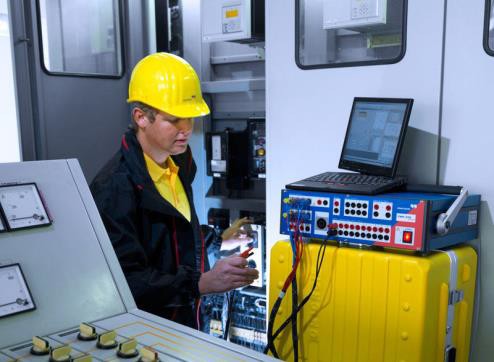
EE0852 : Electrical and Instrumentation Inspection Certification
- Date: Mar 29 - Apr 02 / 3 Days
- Location: Istanbul, Turkey
- Course Details Register
